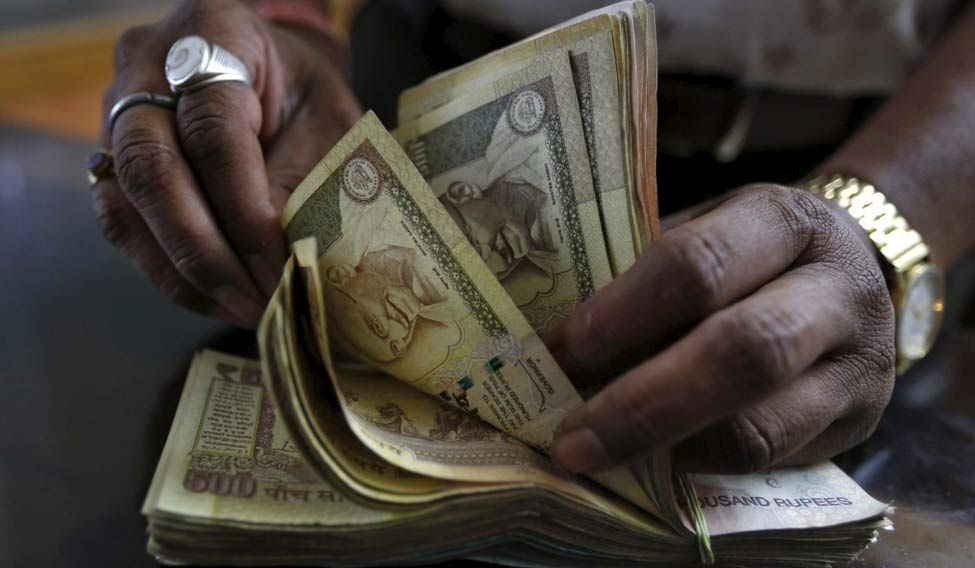Economic crimes continue to remain a serious concern in India, with more than one out of every four organisations getting impacted by it, even as 61 percent of them are committed by employees themselves, says a PricewaterhouseCoopers (PwC) study.
Giving an India perspective of the findings emerging from the "PwC Global Economic Crime Survey 2016", the global consultancy said asset misappropriation was the most common type of economic crime, followed by procurement fraud and bribery and corruption.
The survey reflects the pervasiveness of the problem in the country, it said.
Giving some more interesting facts, the survey said in 43 percent of the cases, a mid-level employee is the main perpetrator of a crime in India against 35 per cent globally. Then, 61 percent are in the 31-40 age group—higher than the global average of 42 per cent.
"Organisations can no longer afford to be in a reactive mode when it comes to economic crimes. Companies need to adapt their risk assessments and control frameworks fast enough to prevent such crimes," said Dinesh Anand, partner and leader for forensic services.
He said it was also encouraging to see an increasing aspiration among Indian businesses to move beyond statutory compliance and into the domain of self-regulation with many companies no longer wanting it to be a "tick in the box" exercise.
"The true cost of economic crime to the Indian economy is difficult to estimate, especially considering that actual financial loss is often only a small component of the fallout from a serious incident. The reputation cost of such crimes is often much higher," Anand added.
The survey, the global consultancy said, was conducted online with 6,337 respondents from 115 countries—45 per cent of the respondents being at board levels and 30 percent serving as heads of departments or business units.
Other key findings:
A fraudster generally is a highly-educated male, 31-40 years old, at junior-to-mid level.
56 per cent of Indian respondents perceived increased risk of cybercrime.
16 per cent organisations experienced cybercrime in the past two years.
Only 45 per cent of organisations have fully trained first responders on cybercrimes.
88 per cent of organisations in India have a formal ethics and compliance programme.
56 per cent of organisations witnessed an increase in their spend on compliance.
94 per cent of respondents said their organisations had a clear code of conduct.
15 per cent said their leaders did not walk the talk on code of conduct.
24 per cent said communication and training was unclear.
19 per cent feared retaliation for reporting a violation.




